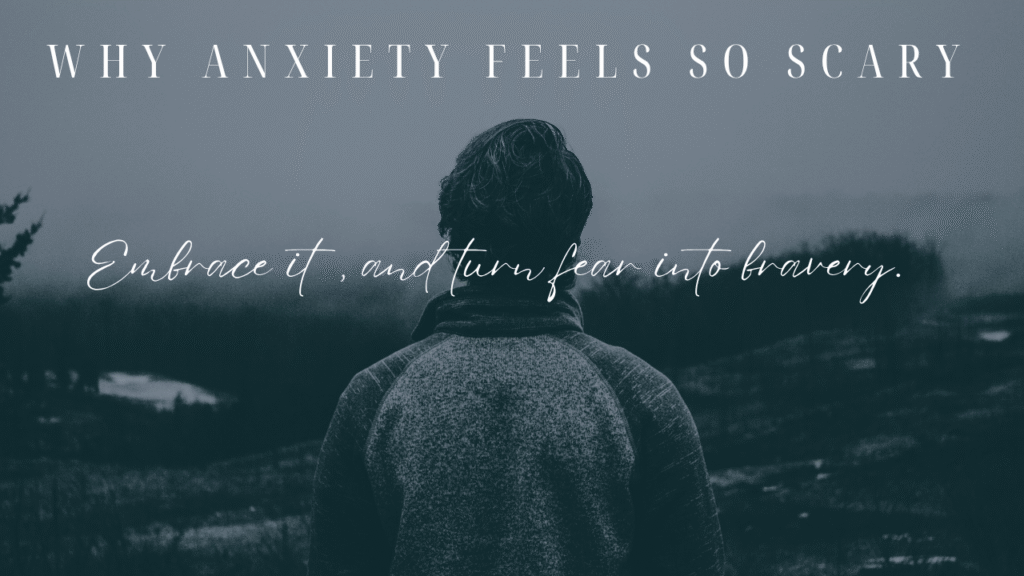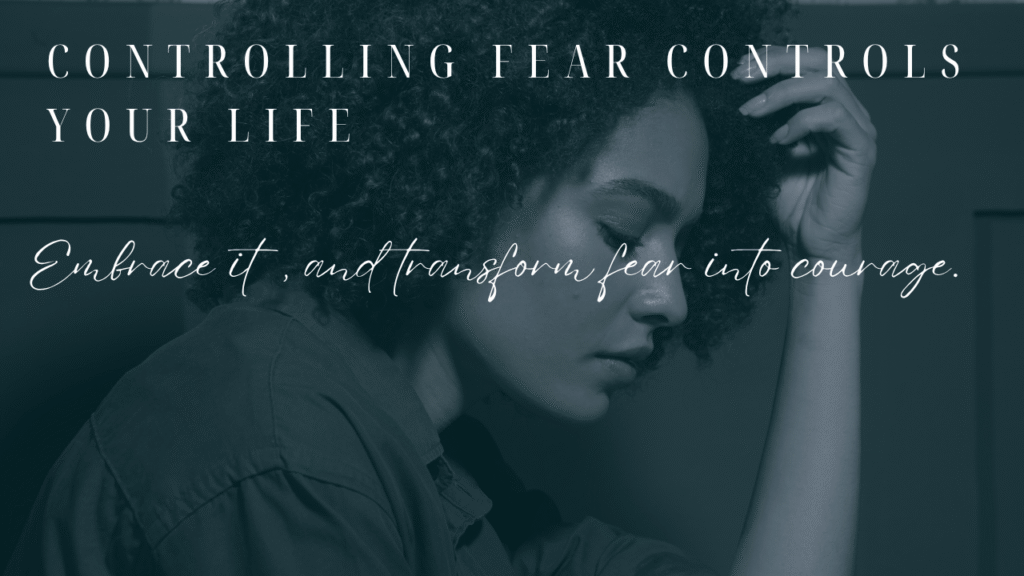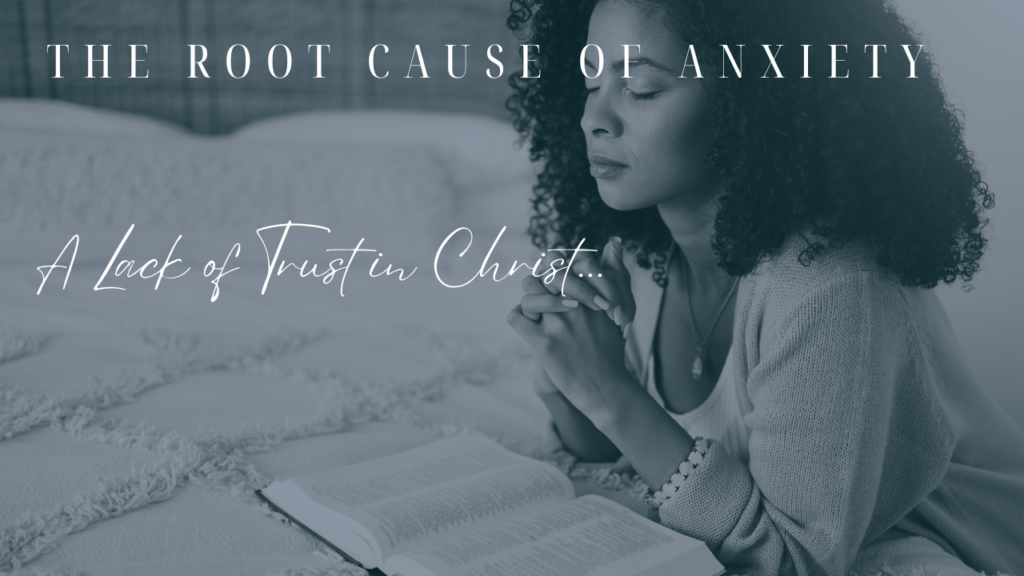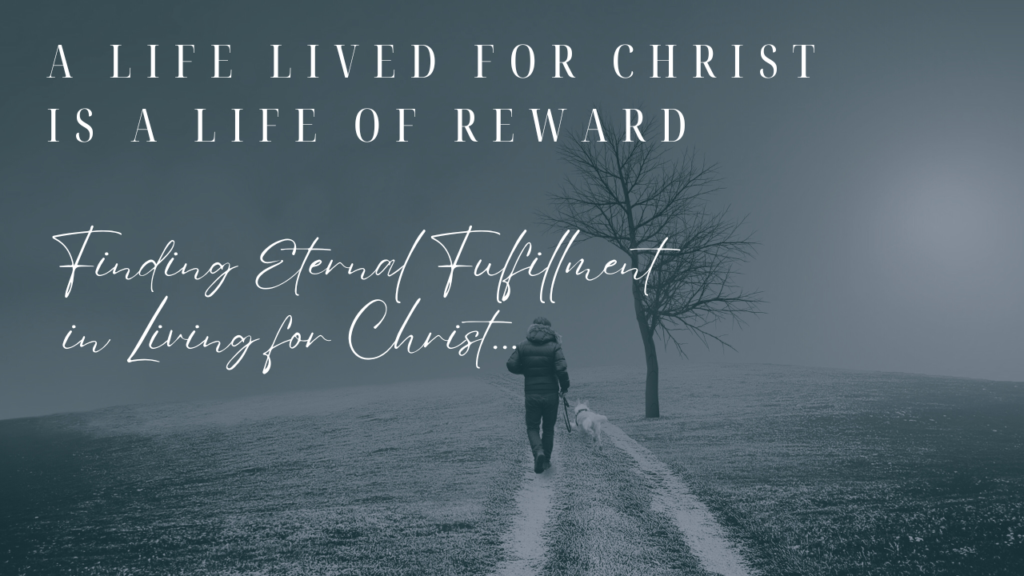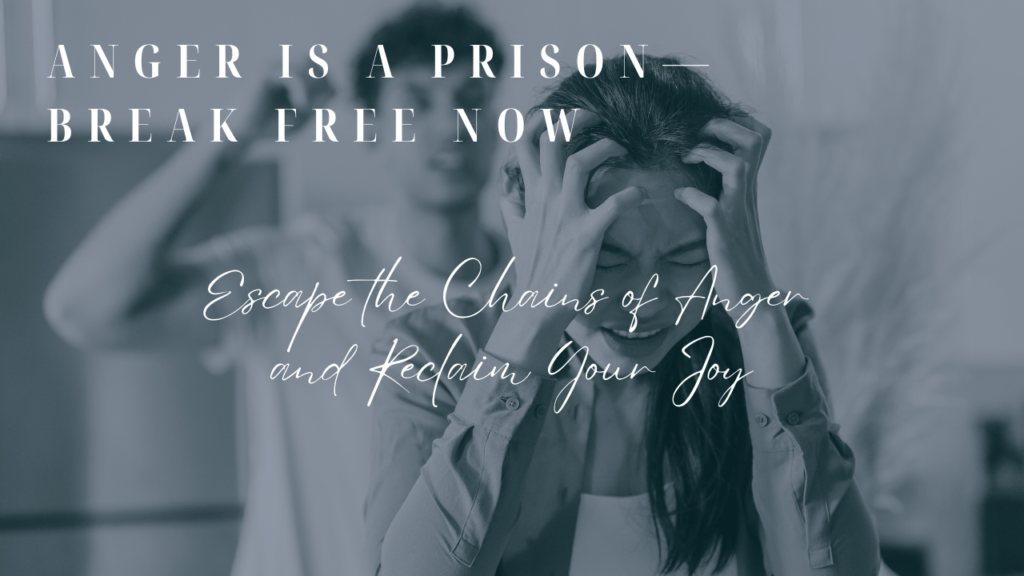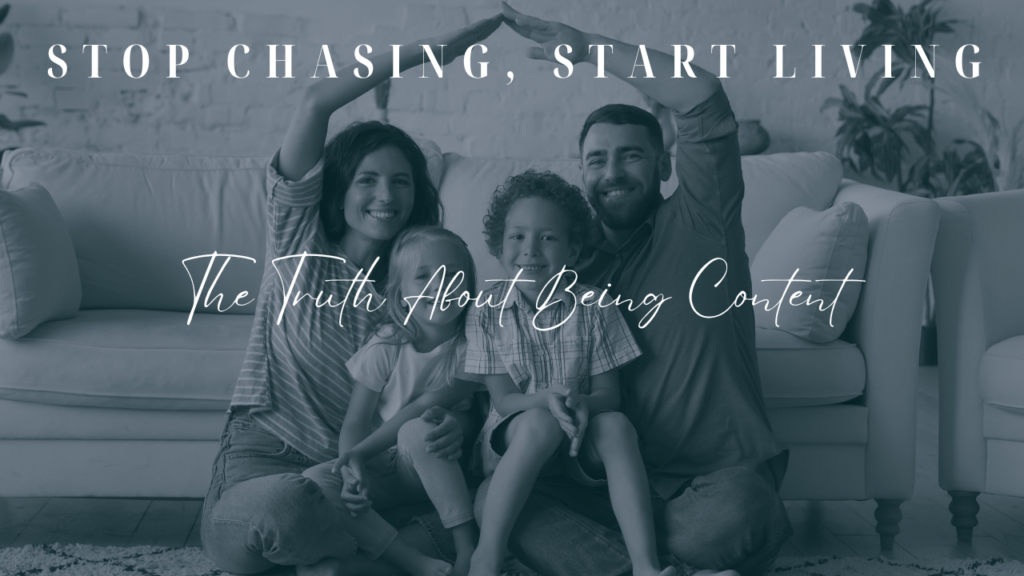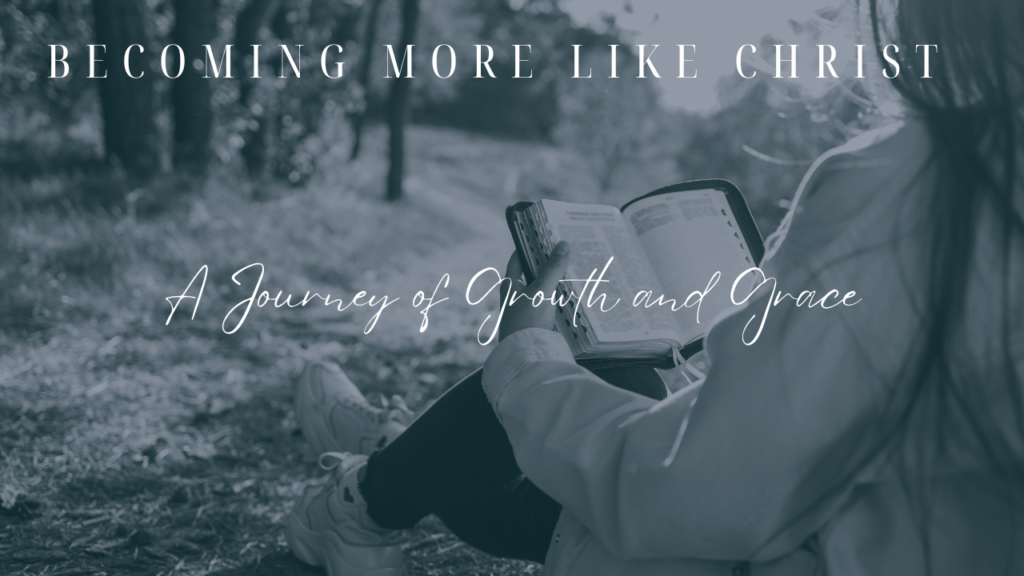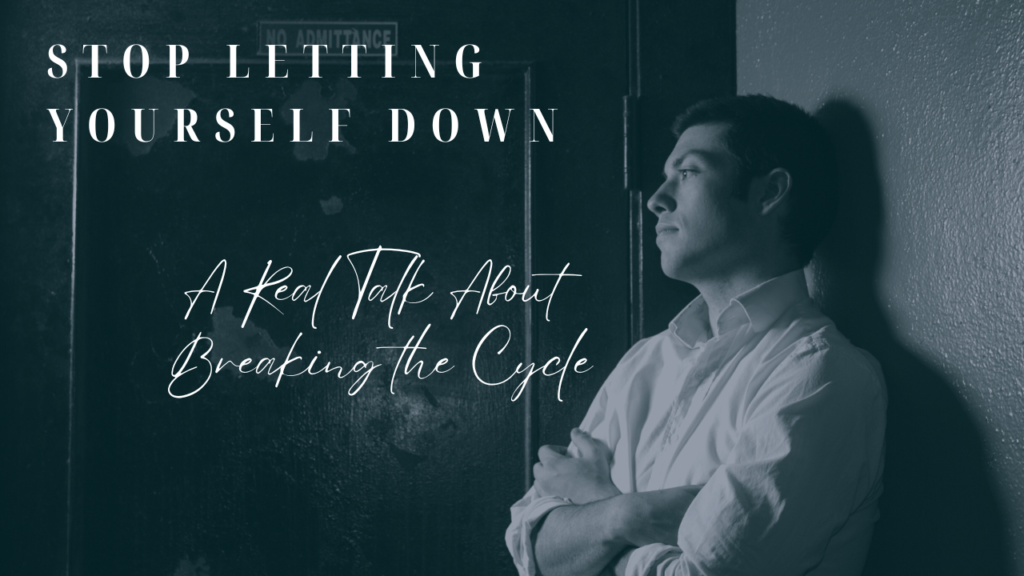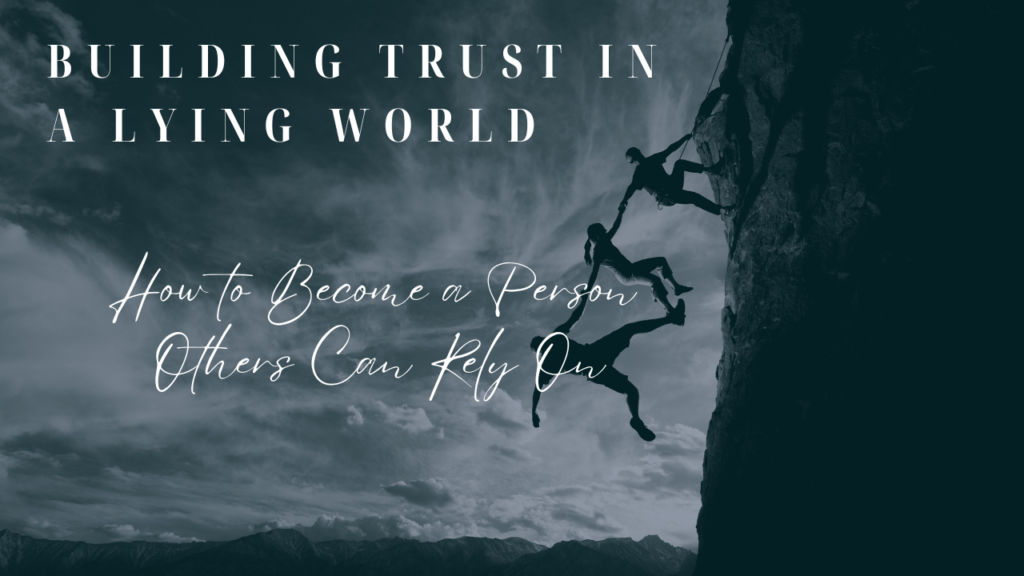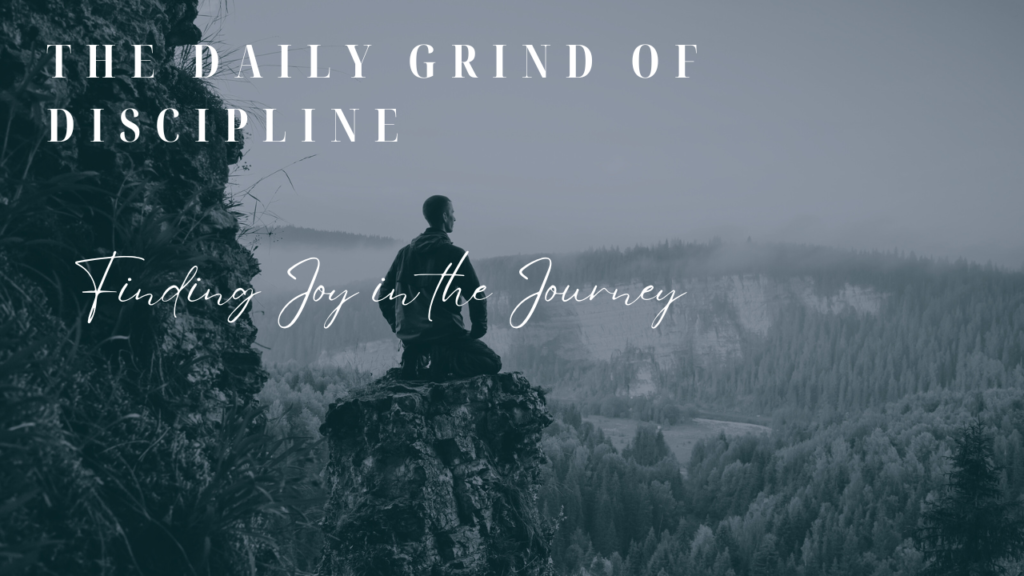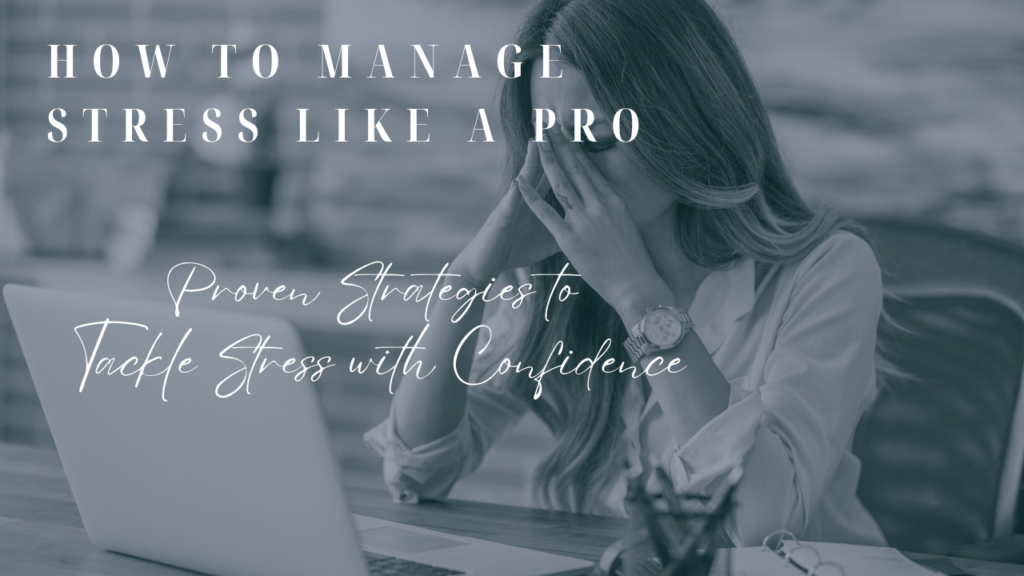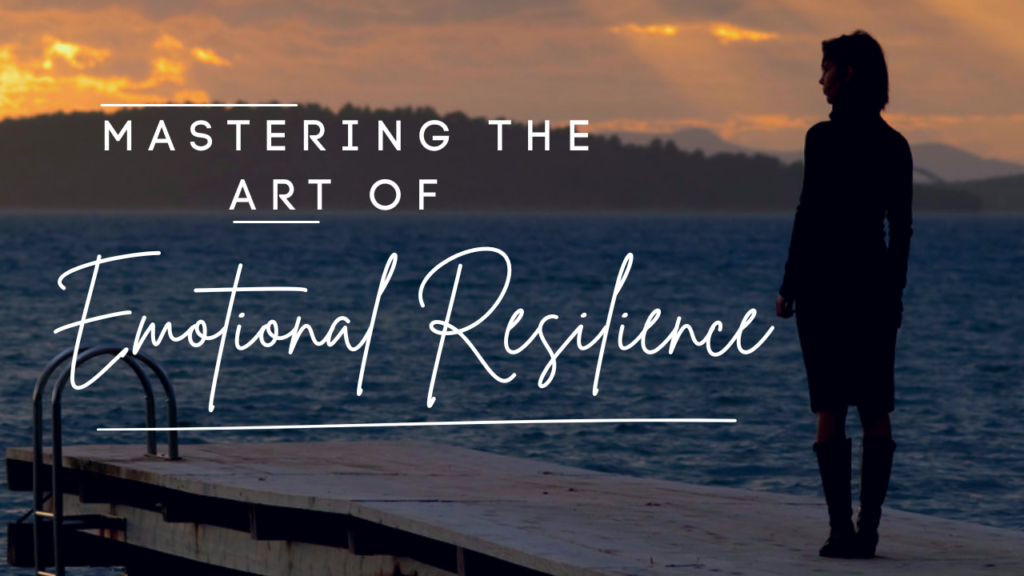When You’re Drowning in Your Own Head: Ways to Come Back to the Surface
It sneaks up on you. Sometimes it’s a single thought. Sometimes it’s a stack of them—messy, loud, fast, all shouting over each other while you try to smile at work or make dinner or finish the thing that’s due tomorrow. You’re still functioning, technically. But inside your chest is tight, your thoughts are tangled, and everything feels off. Not dramatic. Just… too much. And the worst part? You don’t even know why. Nothing huge happened. No meltdown. No tragedy. Just this heaviness, this fog, this non-stop commentary in your brain telling you everything you didn’t do, every worst-case scenario that could go down, every single way you’re not measuring up—and you can’t shut it off. You’re drowning. Not visibly. Not theatrically. But mentally, emotionally, quietly—underneath it all. Start Small, or Don’t Start at All You don’t need a motivational speech right now. You don’t need a five-step system or a mindset hack. You just need something small and real—something to help you come up for air. Start there. Even if it feels stupid. Drink a glass of cold water. Go outside and let your feet touch the ground. Breathe in through your nose and count to four. Then exhale like you’re trying to blow all this weight out of your body, slowly, like you mean it. No, it won’t fix everything. But it interrupts the spiral, even if just for a moment. And sometimes, that moment is the crack of daylight your soul’s been waiting for. It’s not about snapping out of it—it’s about creating enough space for your nervous system to realize the world isn’t actually collapsing. Your Brain Is Lying to You (But It Sounds So Convincing) That voice in your head? The one that tells you you’re too much, or not enough, or somehow both? That voice is a liar. It speaks in absolutes—“you’ll always feel this way,” “you never get it right,” “no one really sees you.” And because it lives inside your own head, it feels real. Familiar. Logical, even. But that’s what overthinking does. It takes your fears and dresses them up in facts. It convinces you that your worst thoughts are accurate simply because they’re loud. But thoughts aren’t truth. They’re just suggestions. And you don’t have to agree with all of them. So speak out loud—even if it feels dumb. Something true. Something simple. “I am not my thoughts.”“This is a feeling, not a fact.”“I’ve made it through worse than this.” Say it even if your brain rolls its eyes. Say it anyway. Because the spiral breaks when truth enters the room—even if it comes in a whisper. Anchor to Something Physical When your mind is pulling you in twelve directions, your body can be your anchor. Touch the counter. Feel the texture of your clothes. Splash cold water on your face. Walk—anywhere. Movement doesn’t have to be cardio. It can be slow and stubborn. But it tells your brain, I’m not trapped. Because you’re not. You’re not stuck in your mind forever. You’re not doomed to overthink for the rest of your life. This is just a moment—a hard one, sure—but still a moment. It will pass. But it passes faster when you stop trying to fight it with more thoughts. Let your body lead the way out. Don’t Chase Calm—Create Space for It Peace doesn’t show up because you deserve it. It shows up when you make room. That might mean turning off your phone for twenty minutes. It might mean leaving the dishes and sitting in the quiet. It might mean crying into a pillow without explaining anything to anyone. You don’t have to earn stillness. But you do have to allow it. Even Jesus withdrew from the crowds. Even He got away to pray, to breathe, to be. So stop feeling guilty for needing space. The world will keep spinning. Let it. Your mind won’t find calm in more chaos. It finds calm in permission—when you finally tell yourself, “You don’t have to carry it all right now.” Say It. Out Loud. To Someone. This is the part most people skip. The part that feels too vulnerable, too weird, too messy. But you need to say it. Not just journal it. Not just pray in silence. Say it to someone with skin on. Someone who won’t try to fix you or coach you or quote you out of the pit. Just someone who’ll stay in the room with you while your thoughts settle. You don’t need answers. You need presence. And if you don’t have that person yet? Pray for one. Look for one. Be one. But don’t carry this weight alone just because you’re used to it. That’s not strength. That’s survival. And survival isn’t enough for the kind of life God actually has for you. Come Up. Breathe. Try Again Tomorrow. You don’t have to solve it all today. You don’t have to win the mental battle in one round. Some days, your victory will look like showing up to your life even when your brain is screaming at you to shut down. Some days, it’ll look like doing one small thing, then resting. Some days it’s just deciding not to believe the worst about yourself. That counts. And the next time your thoughts try to drag you under, you’ll remember this moment—that you came up for air before. That you can come back to the surface. Maybe not perfectly. Maybe not quickly. But you can. And that’s more than enough.
When You’re Drowning in Your Own Head: Ways to Come Back to the Surface Read More »


